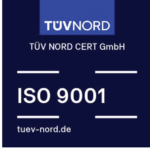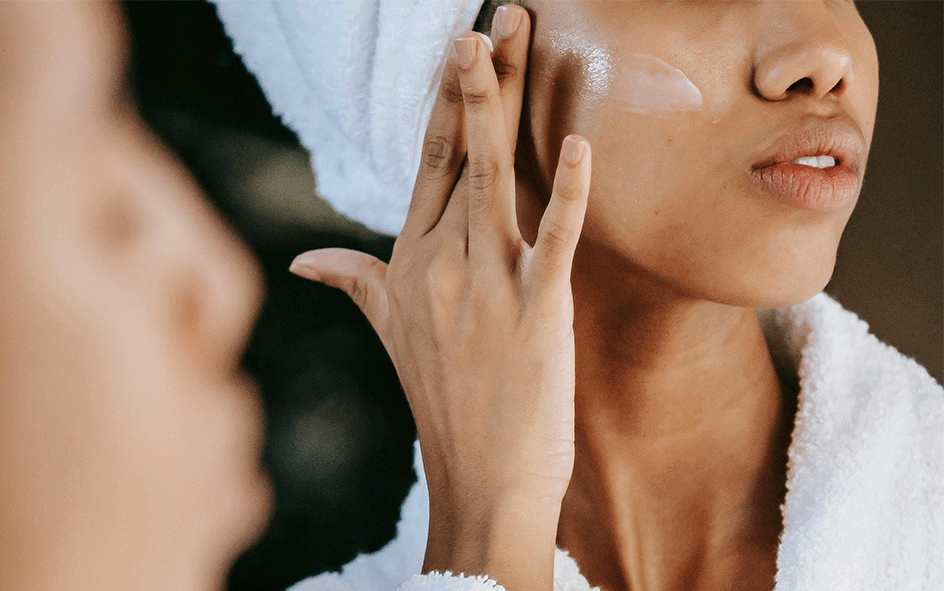
Innovative Colloidal Lignin Particles for Natural SPF Boosting and Antioxidant Protection – SOFW
August 1, 2024
ISO 9001:2015 – Lignovations Achieves Certification for Quality Excellence
September 23, 2024The Role of Oxidative Stress
Environmental pollutants, UV radiation, tobacco smoke, and stress can all increase free radicals on the skin. These free radicals are unstable molecules with unpaired electrons, making them highly reactive. To stabilize themselves, they react with nearby molecules, including lipids, proteins, and DNA in skin cells. Consequently, this reaction leads to oxidative stress, which causes cellular damage.
How Oxidative Stress Damages the Skin
Oxidative stress can harm the skin in several ways:
- DNA Damage: Free radicals can alter DNA in skin cells, which may potentially cause mutations and increase the risk of skin cancer.
- Protein Damage: Furthermore, oxidative stress breaks down collagen and elastin, reducing skin elasticity and leading to wrinkles and sagging.
- Lipid Peroxidation: Additionally, free radicals damage cell membrane lipids, which compromises the skin barrier and results in dryness and inflammation.
The Role of Antioxidants in Skin Care
Antioxidants are crucial in combating oxidative stress. They work by inhibiting oxidation or halting ongoing chain reactions, thereby preventing further damage. In skincare, antioxidants serve two main purposes: protecting the skin and preserving other ingredients from oxidation.
By applying antioxidants topically, we can help shield the skin from harmful effects, which promotes a healthier and more youthful appearance. Moreover, the need for antioxidants has increased due to higher exposure to environmental pollutants, UV radiation, and stress. Because our modern lifestyle often involves greater exposure to these elements, our skin faces more oxidative stress than in the past. Therefore, incorporating antioxidants into skincare routines has become essential to counteract these effects.
Protection From Plants
Plants naturally produce antioxidants to manage oxidative stress caused by sunlight and oxygen. While antioxidants are often linked to natural ingredients, it is important to note that they can be both natural and synthetic. Synthetic antioxidants are created artificially and designed to mimic natural properties. Both types are effective; however, natural antioxidants are often preferred for their additional benefits and lower risk of side effects.
However, some synthetic antioxidants can harm the environment, especially if they are not biodegradable or if their production involves harmful chemicals. Demand for natural antioxidants in recent years has increased and is expected to continue.
Natural Antioxidants
Plant extracts are rich sources of natural antioxidants, including polyphenols, flavonoids, and terpenes. For example, green tea, rosemary, grape seed, basil, blueberry, tomato, acerola seed, pine bark, and milk thistle are well-known sources. In addition, many commercial products also use pure natural compounds like quercetin, kojic acid, and resveratrol.
Among the most popular natural antioxidants is Vitamin C, which boosts collagen production and reduces hyperpigmentation. However, Vitamin C can be unstable and may cause irritation at higher concentrations. While it can be sustainably sourced from organic citrus fruits, it often requires synthetic stabilizers, which may not always be environmentally friendly.
For a more sustainable option, Vitamin E derived from natural sources like sunflower oil is a good choice. It can be sustainably farmed, but it is oil-soluble and may clog pores if overused on oily skin.
Thus, choosing the right plant extracts or compounds, confirming their activity, and ensuring their stability in cosmetic products are key factors in formulating an effective product.
LignoGuard – An Upcycled Alternative
LignoGuard® is an innovative natural antioxidant that offers strong antioxidant properties while differentiating your product from others on the market. Not only does it have an upcycled origin, but it also demonstrates proven effectiveness and utilizes innovative technology.
LignoGuard® is derived from lignin, a natural polymer found in plant biomass, which was traditionally considered a waste product. Now, through Lignovations’ patented Colloidal Lignin Particle Technology, lignin is being repurposed to enhance cosmetic products.
According to the ROS (Reactive Oxygen Species) method performed with human keratinocytes, LignoGuard® shows higher performance than vitamins C and E. It reduces oxidative stress by around 60% in similar concentrations. Meanwhile, CLPs demonstrate an 84% reduction of oxidative stress when used at a 10% concentration, as measured by Dermatest GmbH.
LignoGuard® is produced without harmful chemicals and is derived from renewable biomass sources, making it an environmentally friendly choice. Additionally, this ingredient aligns with current trends toward natural and eco-conscious skincare. It is COSMOS and NaTrue approved, ensuring safety for sensitive skin.
Curious to know more about LignoGuard®? Request a brochure today.





